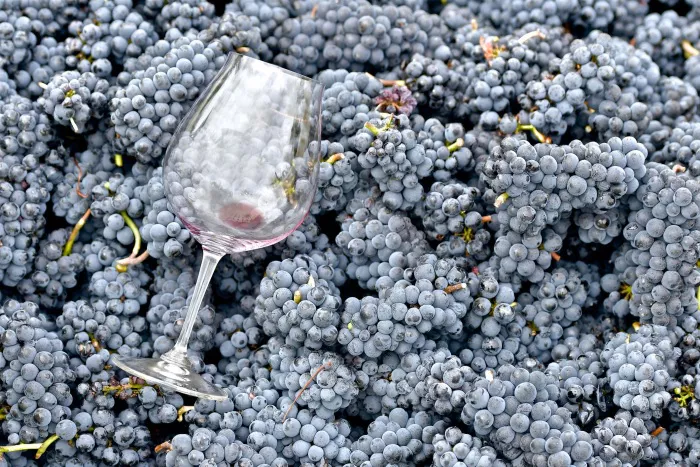English wine has experienced significant growth in recent years, but its presence in China has been minimal—until now. This November, Nyetimber, an English sparkling wine producer known for its innovation, will introduce its brand to the Chinese market at ProWine Shanghai. The winery aims to compete with traditional sparkling wine regions and attract the attention of Chinese wine enthusiasts.
“We’re excited to be the first English sparkling wine brand at ProWine Shanghai this November,” said Karl Thogersen, Head of Sales – International at Nyetimber, during an interview with Vino Joy News.
Located in southern England, Nyetimber cultivates over 400 hectares of vineyards in West Sussex, Hampshire, and Kent. The winery is committed to producing high-quality sparkling wines and strives to become one of the world’s top sparkling wine producers.
Nyetimber’s foray into new markets is not a new concept for the winery. Since expanding to Japan in 2012, Nyetimber has been building its global presence. Partnering with TYCreation Wines for Japanese distribution, the winery now exports its products to 24 countries, including Denmark, Singapore, the UAE, and Australia.
Reflecting on Nyetimber’s participation in ProWine Tokyo, Thogersen highlighted the open-mindedness of the Japanese market toward premium sparkling wines. “Japan holds great potential, and we experienced a strong reception at our booth.”
Being from the UK, a country not traditionally known for winemaking, Nyetimber faces several misconceptions about its wines. Many people still ask if Nyetimber’s sparkling wines are similar to Prosecco, Cava, or Champagne. Thogersen believes that once consumers try their wine, the quality speaks for itself. “Whether it’s a bottle or just a glass, once people try it, they usually return. In the UK, we see a high conversion rate where one taste often leads to repeat purchases,” he noted.
Nyetimber produces one million bottles annually, with plans to increase this number to two million in the coming years. Currently, international sales account for 15% of the winery’s revenue, but the goal is to grow this share to 30%. To support this expansion, Nyetimber is heavily investing in key markets such as China and Japan, appointing local brand representatives who have a deep understanding of the region.
“Asia-Pacific is poised to become one of our largest export regions globally,” said Thogersen. “It’s still a small market for us, but the potential is enormous, and we’re committed to making the necessary investments for long-term success.”
Nyetimber’s long-term approach to growth has already proven effective in more mature markets like Norway, where it has become the second-best-selling sparkling wine in the €40-55 price range, just behind Moët & Chandon.
Nyetimber has been present in Hong Kong for several years and now works with Kedington Wines as its partner in the region. However, mainland China presents a unique challenge and requires a different strategy.
Thogersen pointed out that mainland China is still a developing wine market. “We are confident that younger consumers will be the key to our success here. With the rise of digital platforms, young people are better informed about new products, and we plan to invest in social media to reach them.”
The winery also sees an opportunity to engage with young Chinese sommeliers, many of whom have international experience and are eager to introduce premium products like Nyetimber to their clientele.
Nyetimber takes a unique approach when choosing its distribution partners. Instead of working with large importers representing many brands, the winery prefers smaller, boutique wine sellers who focus on niche wineries. This strategy has helped the brand carve out its place in several international markets.
Nyetimber’s commitment to quality is reflected in its product range, including its flagship Classic Cuvee Multi-Vintage, which blends 45-60% Chardonnay, 30-40% Pinot Noir, and 10-20% Pinot Meunier.
Nyetimber recognizes that its ability to produce wine in the UK is, in part, due to climate change. “In some ways, we’ve benefited from the changing climate,” Thogersen noted. Although organic farming is not yet a goal for Nyetimber, sustainability remains a core focus. For example, after the harvest, local farmers’ sheep graze in the vineyards, creating a natural cycle.
The winery’s philosophy of patience and commitment to excellence is encapsulated in its approach to market expansion and production, with Thogersen emphasizing that their strategy is to “think in terms of generations, not just years.”


